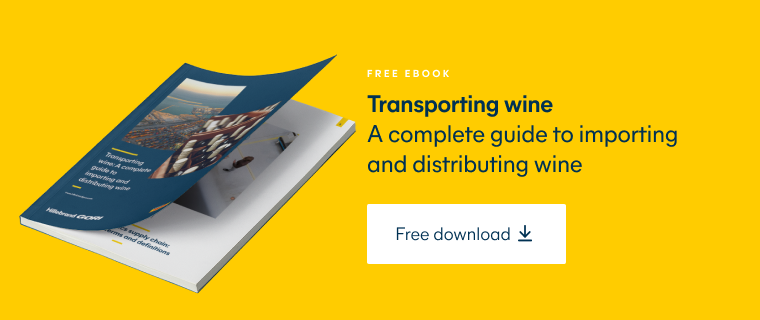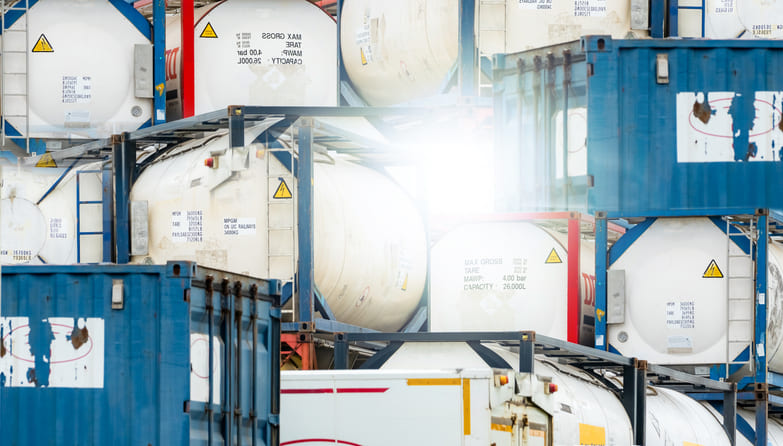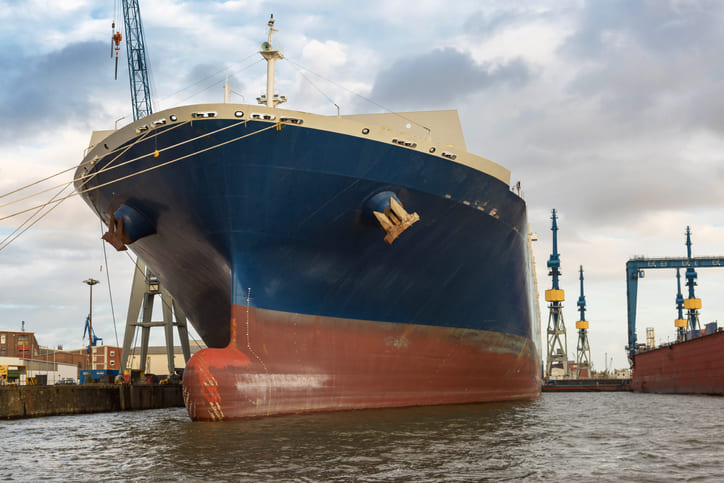How cargo insurance coverage secures your business
You only realize something’s true value when you need it most – cargo insurance coverage is a prime example.
When the Suez Canal became a media sensation, customers with cargo stuck on ships behind the unfortunate Ever Given who had factored in potential risks of sea shipping were saved significant losses. An unexpected event such as a temporary collapse of a crucial trade route, together with the ever present industry disruptions from the pandemic and the container shortage crisis, shines a spotlight on the irrefutable need to be prepared in these volatile times, especially when freight shipping!
What is cargo insurance?
Insurance is crucial to safeguard your business finances from any losses, damages, or delays between the pickup and final delivery.
Cargo insurance coverage is more comprehensive than basic claims insurance. For example, if a covered event happens while the freight is in transit, it will reimburse you for the designated value of the product and the cost of transport. This can be a lifesaver when it comes to large, expensive shipments like wine.
Cargo insurance coverage: anticipating delays and disruption
We’ve shared our advice on shipping during precarious times, as well as outlined the importance of upgrading your container to withstand temperature and humidity fluctuations, by using a Hillebrand Gori insulation liner.
Without fail, we mention cargo insurance coverage every time. That’s for good reason; it’s a core part of freight shipping to avoid a potentially crippling financial hit when the worst happens.
Risks associated with the shipment of wine are often overlooked, placed in the realm of “it’ll never happen to me.” If recent events have shown anything, it is that risk must be planned for by the freight payer/owner, as we can’t stress the need for adequate cargo insurance coverage enough.
Why you need cargo insurance coverage is a moot point, but coverage level varies greatly between providers, and that’s where knowing what to look out for is valuable.
Typically what does a cargo insurance policy not include?
Cargo insurance policies cover for all types of losses and damages, except those specifically listed as exclusions in the policy.
Common exclusions include:
- Inherent vice: This is when damage or loss to cargo results from a condition inherent in the products before they were shipped.
- Failure to collect or pay: The policy won't cover the loss if the client doesn't pay at any stage of the supply chain, leading to a loss of the product.
- Loss of market or profit: If a client loses the opportunity to sell their product because of damage, this loss of potential profits isn't covered.
- Loss over policy limit: Cargo insurance coverage usually has a maximum limit. If the value of the loss or damage exceeds that limit, it won't be covered.
- Willful misconduct and/or gross negligence: Cargo insurance doesn't cover cases where the shipper, recipient or any other parties involved have been negligent in the handling of your shipment.
- Political risk, war: If your products are seized, confiscated or damaged by a political movement or event in a forbidden territory, your insurance will not cover this.
- Nuclear energy: Any loss arising from nuclear damage
Hillebrand Gori offers coverage on thermal shock when shipped in a plugged-in operating reefer. This means thermal shocks are only an insured risk when shipped in a plugged-in operating reefer. Thermal shocks are covered within our insurance when products are adequately shipped (not exposed to extreme hot or cold temp deviation) and when the container is fitted with a Hillebrand Gori insulation line, not a thermal blanket
Benefits of all-risk cargo insurance coverage
Without all-risk cargo insurance coverage, you’ll be relying on only the compensation for your container shipment from your transporter, which is limited to a value set by their standard terms, international conventions or national laws.
For sea freight cargo, Hague-Visby Rules values the compensation of products at 2 special drawing rights (SDR) per killogram / $3 per kilogram.
Can your business really afford the loss of sale from a container of wine that was damaged and not insured?
As full-scope freight forwarders, Hillebrand Gori’s cargo insurance policy covers the potential risks of transporting products that require special care, by all modes of transport. Customers choose us for the very reason that we are able to take care of the entire freight process from pickup to delivery, with all the paperwork and handling in between.
We’re a central point of contact and control for every aspect of your shipment.
Here’s a handy summary of our integrated all-risk insurance coverage, and our policy is laid out in full in this PDF.
How much does Hillebrand Gori’s insurance premium cost?
We’ve developed a handy interactive insurance premium calculator where you can get an idea of upfront costs involved.
This is just a guide; for an accurate quote based on your specific cargo and route get in touch with us directly. As we weather another difficult year, adequate preparation is elemental.
The right cargo insurance coverage should be a must-have, not an underrated component in your shipment planning. Think of it this way; the price of insurance per bottle versus the GM you achieve at sale per bottle.
If in doubt, a core motto of ours comes to mind:
Consider the value of the insurance premium, not the cost!
Get in touch with us today and to get the best coverage for your cargo.
How can we help your business grow?





